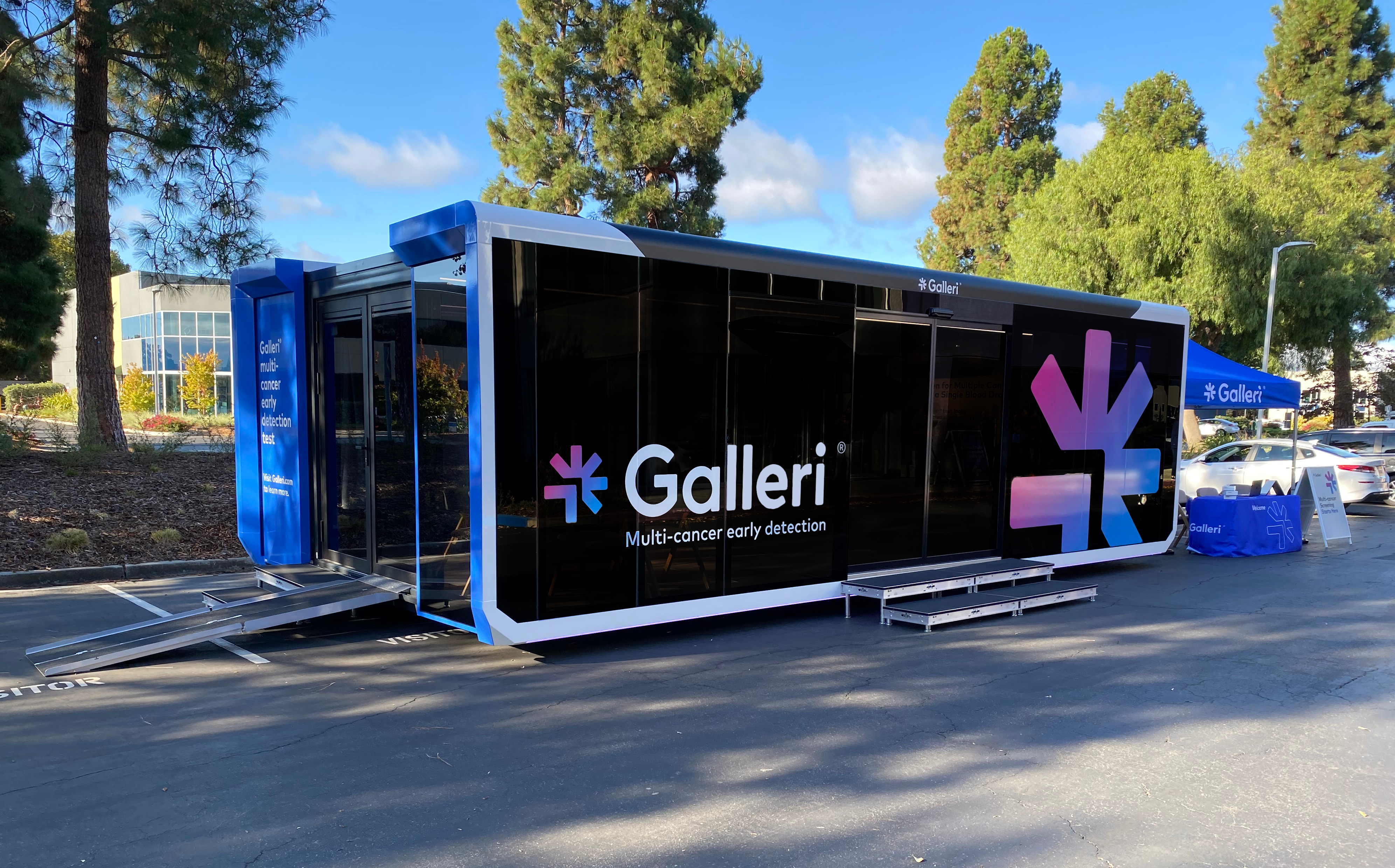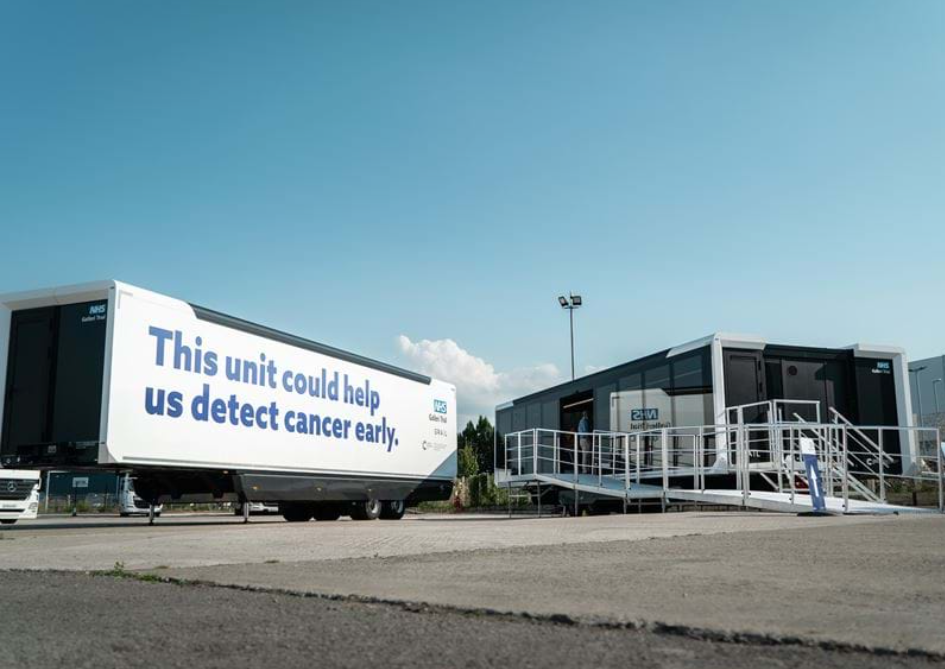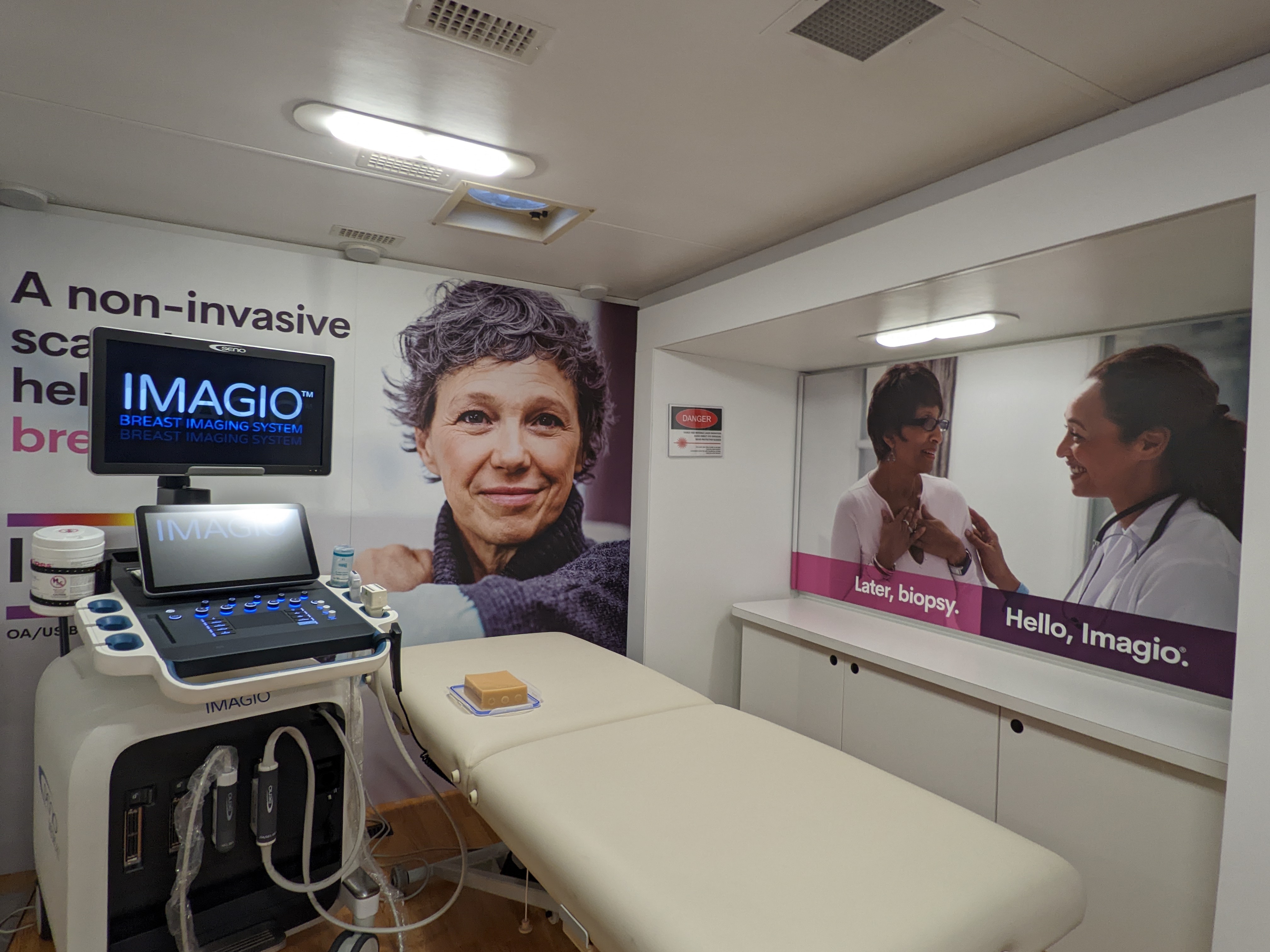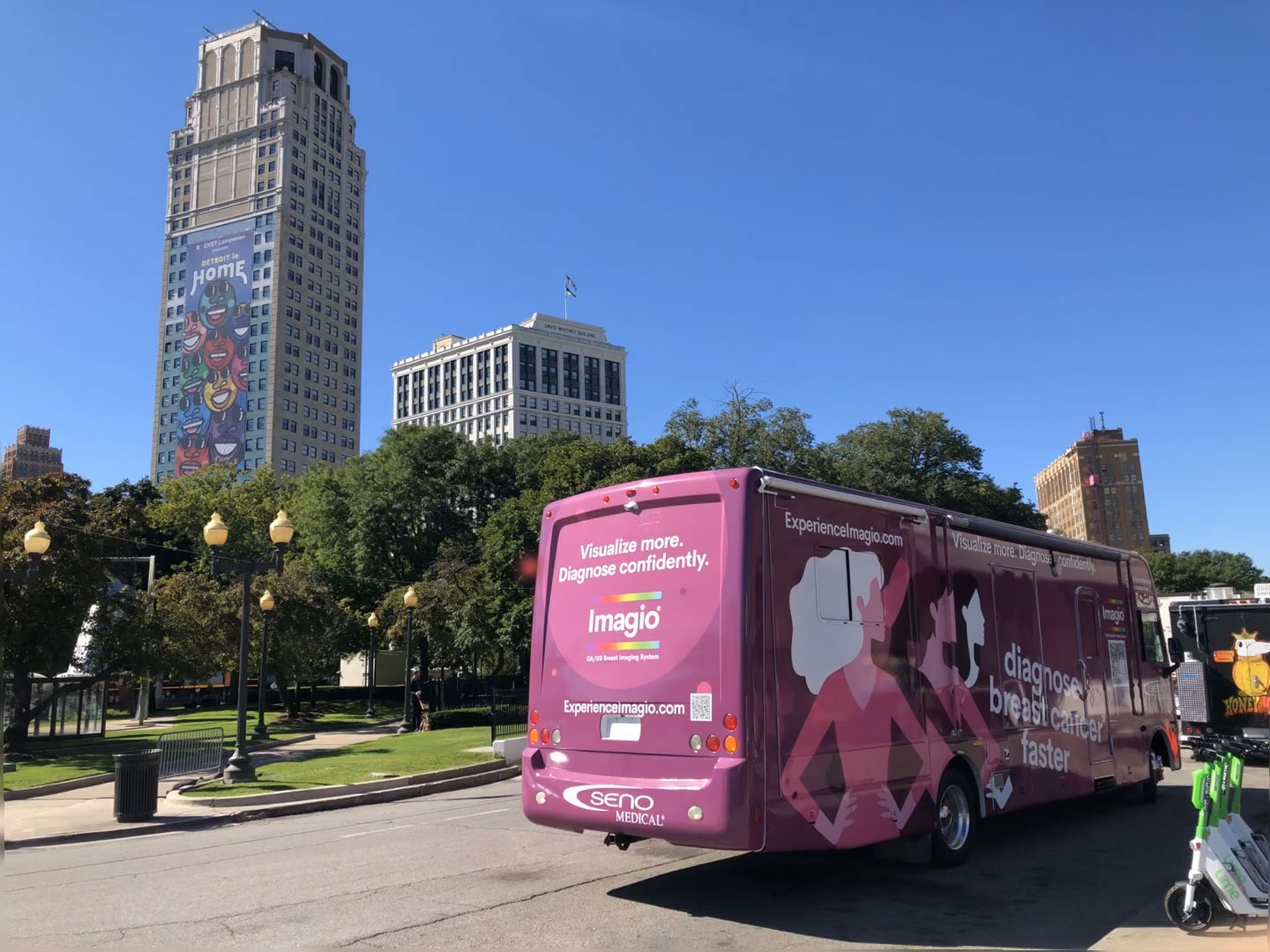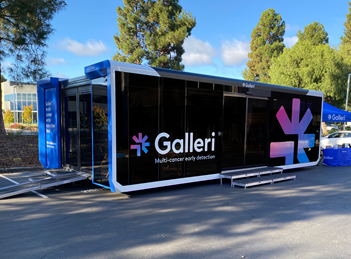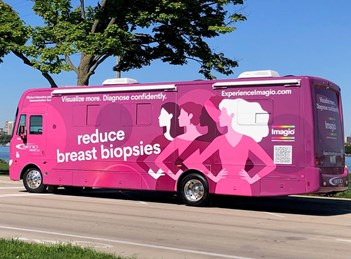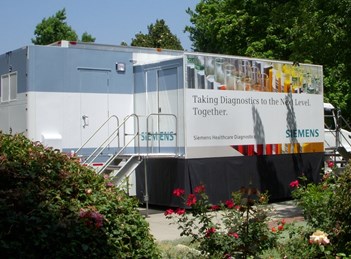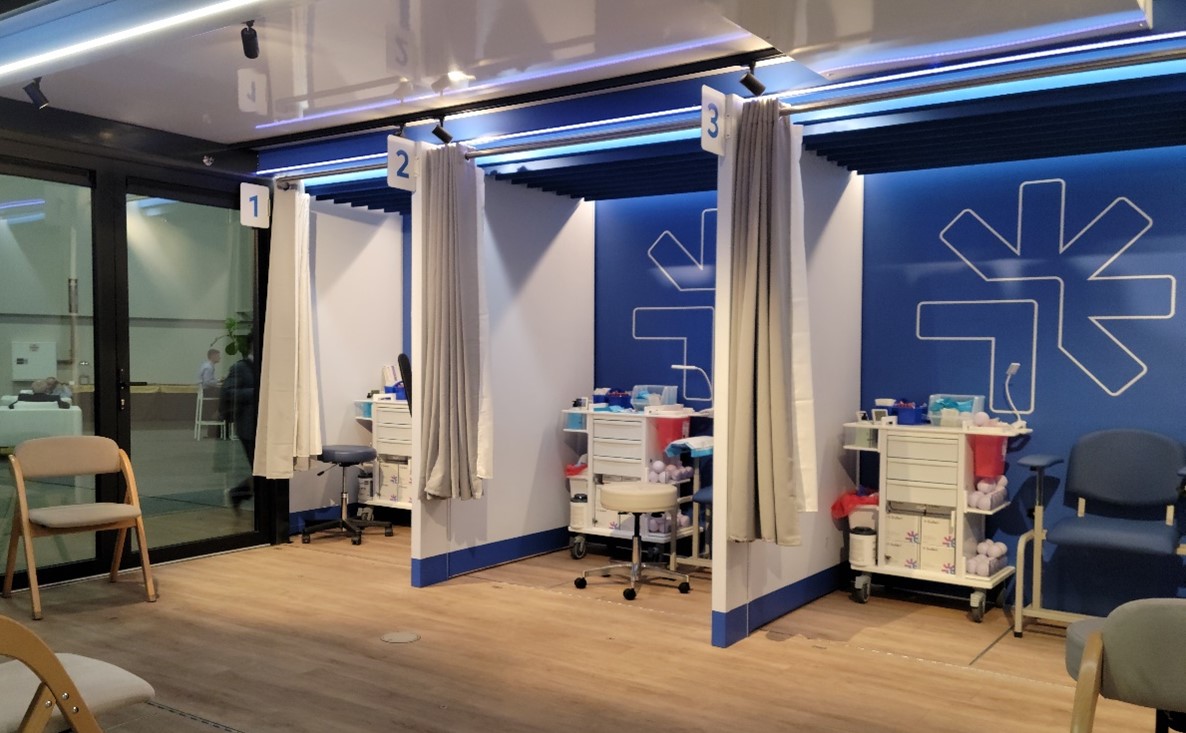
Clinical Trials: Advancing Science and Improving Lives
Clinical trials are a pivotal component of developing new treatments. To bring better healthcare solutions to market, they must first be studied and trialed, identifying effectiveness and risks. Mobile clinical trials provide unique advantages for providers and participants alike, here are a few examples:
Increased Accessibility: Mobile clinical trial spaces can be delivered directly to target communities. For trial participants with chronic health or mobility issues, trial centers in their communities remove incentives for trial dropout.
Better Data: Mobile clinical trials can be conducted independently of health networks, making them the most effective form of decentralized clinical trials. This means data gathered by trial administers is solely owned. Compared to other forms of decentralized trials mobile offers the ability to control trial environments, administer treatment, and gather data through trained professionals, reducing protocol deviation and improving data quality.
Community Contact: These attributes of mobile clinical trials allow each trial to be more effective, but it also allows more target communities to receive quality treatment. Trial centers can be placed and operated through a trial’s completion and then relocated, or move regularly to conduct trials in multiple locations within the same time frame.
